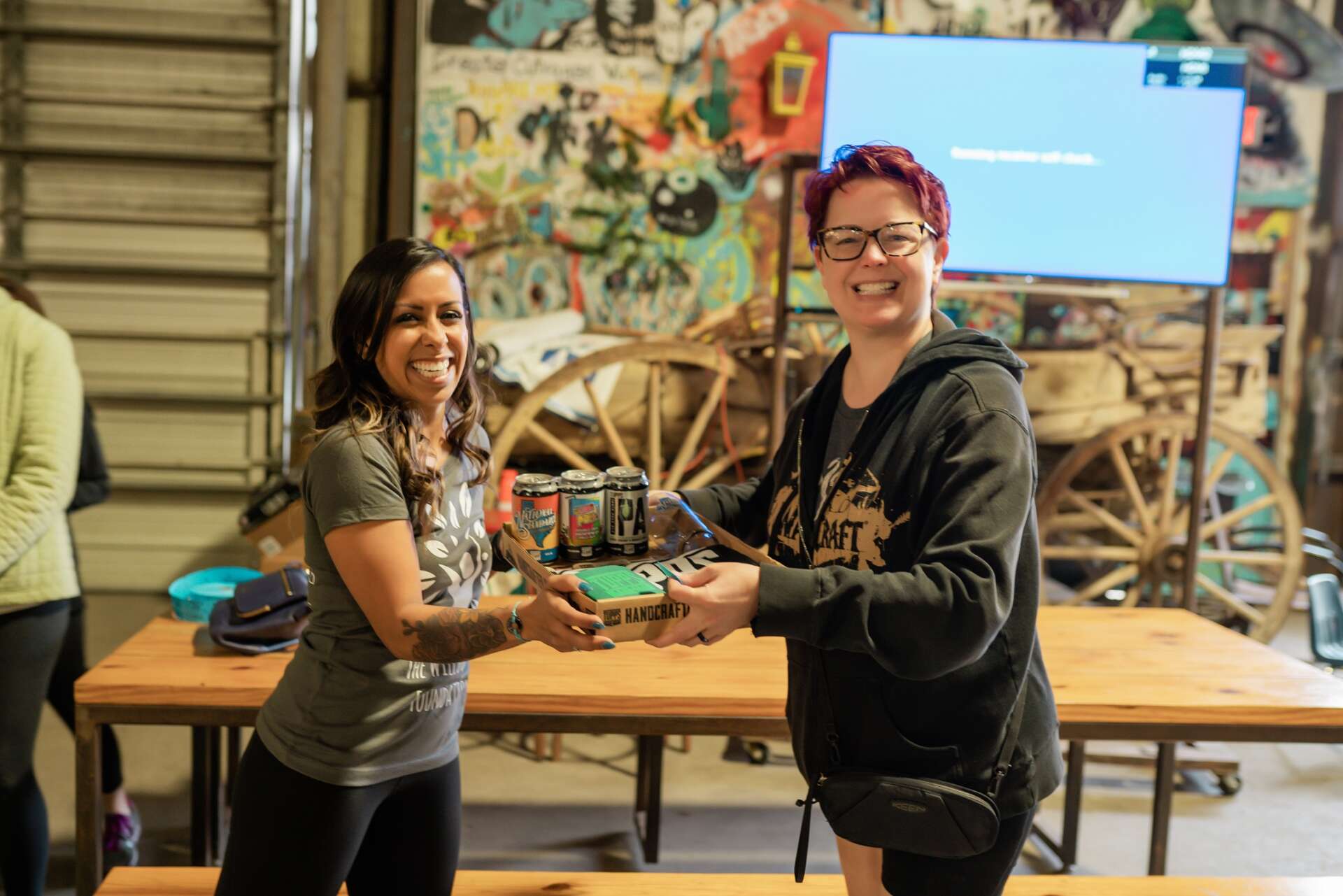Alright – so today we’ve got the honor of introducing you to Dr Sandy Davis. We think you’ll enjoy our conversation, we’ve shared it below.
Hi Dr Sandy, thanks for joining us today. Was there a defining moment in your professional career? A moment that changed the trajectory of your career?
As I am sure is the case with many professionals, I have a few defining moments/experiences. My early career was spent in community mental healthcare, which is a system largely geared to provide mental healthcare to lower income members in our communities. While myself and the other social workers were incredibly invested in providing the resources our clients needed, it was constantly obvious at how the underfunding of the system was failing them, and ultimately us as clinicians. After practicing as a psychologist for for 4-5 years and before co-founding my own practice in 2020, I briefly joined an incredible practice, which changed my outlook on the field of mental healthcare. That practice was comprised exclusively of clinicians who were so passionate not only about their individual work with their patients, but also about becoming advocates for mental healthcare in their surrounding communities. Throughout the course of my work as a psychologist, I have repeatedly seen how finances serve as a barrier to people being able to pursue the care they need.



Dr Sandy, love having you share your insights with us. Before we ask you more questions, maybe you can take a moment to introduce yourself to our readers who might have missed our earlier conversations?
I have known I wanted to be a psychologist since I was a freshman in high school. I have lost friends to suicide and have personally witnessed and experienced the havoc mental illness can wreak on people and families. I love this work and celebrating the successes of my patients. After working in community mental health, I completed my education and training in private practice working with children and adolescents, and gradually migrated into trauma work, older adolescents/young adults, and the LGBTQI+ community.
In terms of the nonprofit, I have not found another organization like this one. I believe The Willow Field Foundation strikes a strong balance between serving members of the community in need and honoring the work of the clinicians providing that service. More specifically, while the industry standard for mental health clinicians is to provide at least 10% of no cost services, these clinicians spend years and significant amount of money to attain their degrees and must earn enough to support our families. So in this way, The Willow Field Foundation can provide a need to both of these populations of people and ultimately build up our communities in a lot of ways.
If you could go back in time, do you think you would have chosen a different profession or specialty?
I would never have guessed, when I first entered the field, that I would also be building a nonprofit and attempting to become a strong mental health advocate in my community. That said, I am needlessly proud of my current trajectory and I could not see myself doing anything else. My patients and the individuals applying for and receiving our therapy scholarships are so incredibly resilient and they serve as constant reminders of how life-changing advocacy, support, and treatment can be.


Training and knowledge matter of course, but beyond that what do you think matters most in terms of succeeding in your field?
In terms of the nonprofit world, there is a decent learning curve, some competition (in terms of finding and maintaining donors, etc.), and a fair amount of every day challenges. As this has been an entirely new experience for me, I have found that tenacity, patience, and always kindness have helped to create growth in this organization.
Contact Info:
- Website: Thewillowfieldfounation.org
- Instagram: @willowfieldfounation
- Facebook: Facebook.com/thewillowfieldfoundation
Image Credits
TUPPS photos: Londyn Layne Photography Photos in gold dress with partner in blue dress: Cabana Captures


